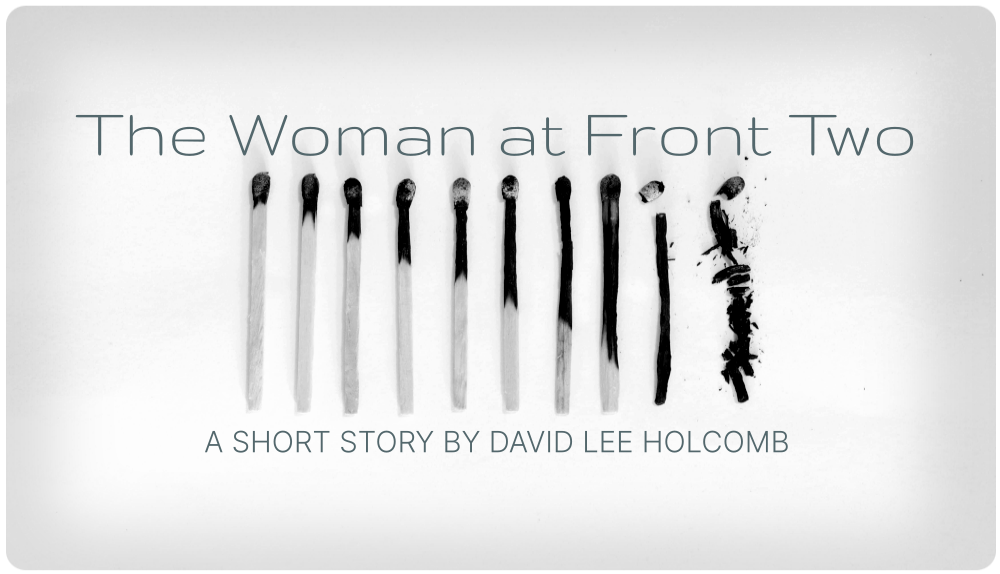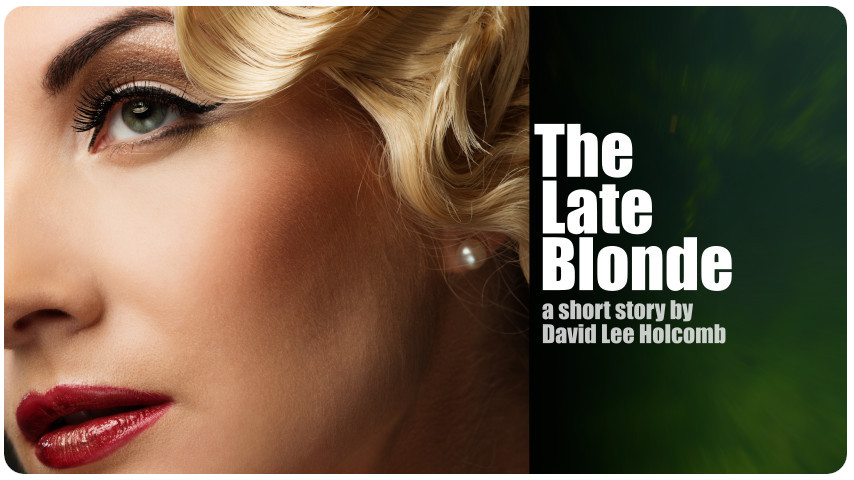As everyone is no doubt aware, I have another novel coming out on May 3, called Strange News. The book is starting to appear at various online retailers for pre-orders now. It is available in hardcover, paperback, and e-book; if you don’t see it in your format yet, check back later. It’ll get there.
About the book: I should tell you that Strange News is a Fantasy, which is a genre that I haven’t attempted before (except in short stories).
This is not what the publishers call “High” fantasy. Nobody has a sword, or rides a horse to work. They don’t communicate via crystal balls or bowls of sparkly magic water. People in my book have cellphones and they take the bus. They have jobs, they have pets, they live in houses and apartments, not Hobbit-holes or castles. There are no elves, no orcs, no wizards with long beards and posh British accents. There’s just an ordinary guy with bad knees and a weakness for sweets who stumbles into something wild.
Something that changes his world forever.
Click here to see a list of available retailers, and a schedule of in-person events!






